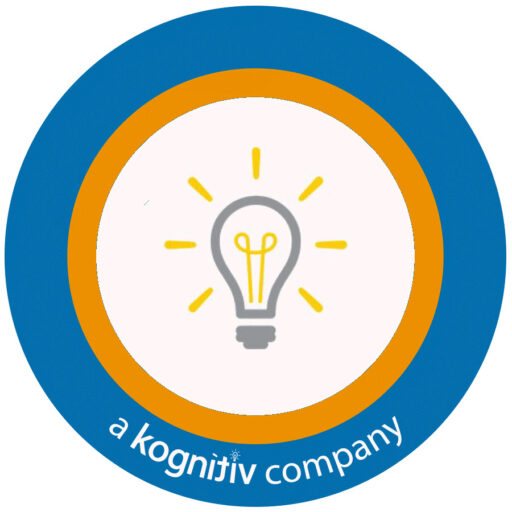Background
A global enterprise faced growing challenges in managing its job framework. Years of rapid expansion and multiple acquisitions had resulted in a fragmented job structure with over 1,000 job profiles, 25 job families, and 111 sub-families. Without a clear system, talent management became inefficient, compensation frameworks were inconsistent, and reporting lacked accuracy.
To address these challenges, the company launched a Workday Job Framework Overhaul—a strategic initiative to streamline job classification, modernize compensation structures, and improve operational efficiency within Workday.
Key Challenges in Job Framework Overhaul
1. Fragmented Job Families
- The job framework lacked consistency, with 25 job families and 111 sub-families.
- Redundant and overlapping roles created confusion for employees and recruiters.
2. Compensation Misalignment
- Salary structures varied across job families, leading to internal pay discrepancies.
- Outdated compensation grades made it difficult to attract and retain top talent.
3. Data Integrity Issues
- The existing job catalog contained outdated roles, making reporting unreliable.
- A lack of standardized attributes hindered automation and workforce analytics.
How the Company Overcame These Challenges
To resolve these issues, the HR team partnered with Workday specialists to implement a structured and scalable job framework.
- Consolidation & Standardization – Reduced job families from 25 to 10 and sub-families from 111 to 75, ensuring a logical, manageable structure.
- Compensation Modernization – Reworked compensation grades to align with market standards, defining clear salary ranges for each role.
- Job Profile Optimization – Created standardized job profiles with clearly defined attributes, improving clarity for hiring managers and employees.
- System Clean-Up – Inactivated outdated job profiles, enhancing data integrity and reporting accuracy.
Business Impact & Results
- 60% reduction in job family complexity, making HR operations more efficient.
- Improved talent management – A clear structure facilitated internal mobility and hiring.
- Competitive compensation – New salary structures aligned pay with market benchmarks.
- Enhanced Workday data accuracy, enabling better workforce analytics.
Lessons Learned & Takeaways for Workday Customers
A successful Workday job framework transformation requires:
- Strategic consolidation – Simplifying job families without losing role clarity.
- Stakeholder collaboration – Ensuring HR, hiring managers, and employees align on the changes.
- Continuous optimization – Keeping job profiles updated to match business evolution.
Looking to enhance your job or compensation framework? ClouDevOps specializes in Workday transformation, job architecture optimization, and compensation framework modernization. Whether you’re restructuring job families or refining your compensation strategy, we help businesses drive efficiency and long-term success.
Contact us today!
